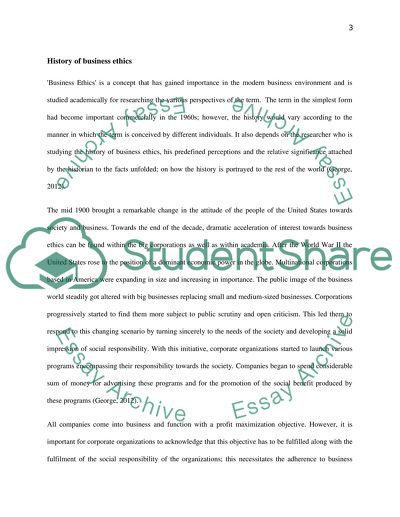Cite this document
(Moral Values as a Part of Every Growth-Oriented Enterprise Term Paper, n.d.)
Moral Values as a Part of Every Growth-Oriented Enterprise Term Paper. Retrieved from https://studentshare.org/ethics/1480817-business-ethics
Moral Values as a Part of Every Growth-Oriented Enterprise Term Paper. Retrieved from https://studentshare.org/ethics/1480817-business-ethics
(Moral Values As a Part of Every Growth-Oriented Enterprise Term Paper)
Moral Values As a Part of Every Growth-Oriented Enterprise Term Paper. https://studentshare.org/ethics/1480817-business-ethics.
Moral Values As a Part of Every Growth-Oriented Enterprise Term Paper. https://studentshare.org/ethics/1480817-business-ethics.
“Moral Values As a Part of Every Growth-Oriented Enterprise Term Paper”, n.d. https://studentshare.org/ethics/1480817-business-ethics.


